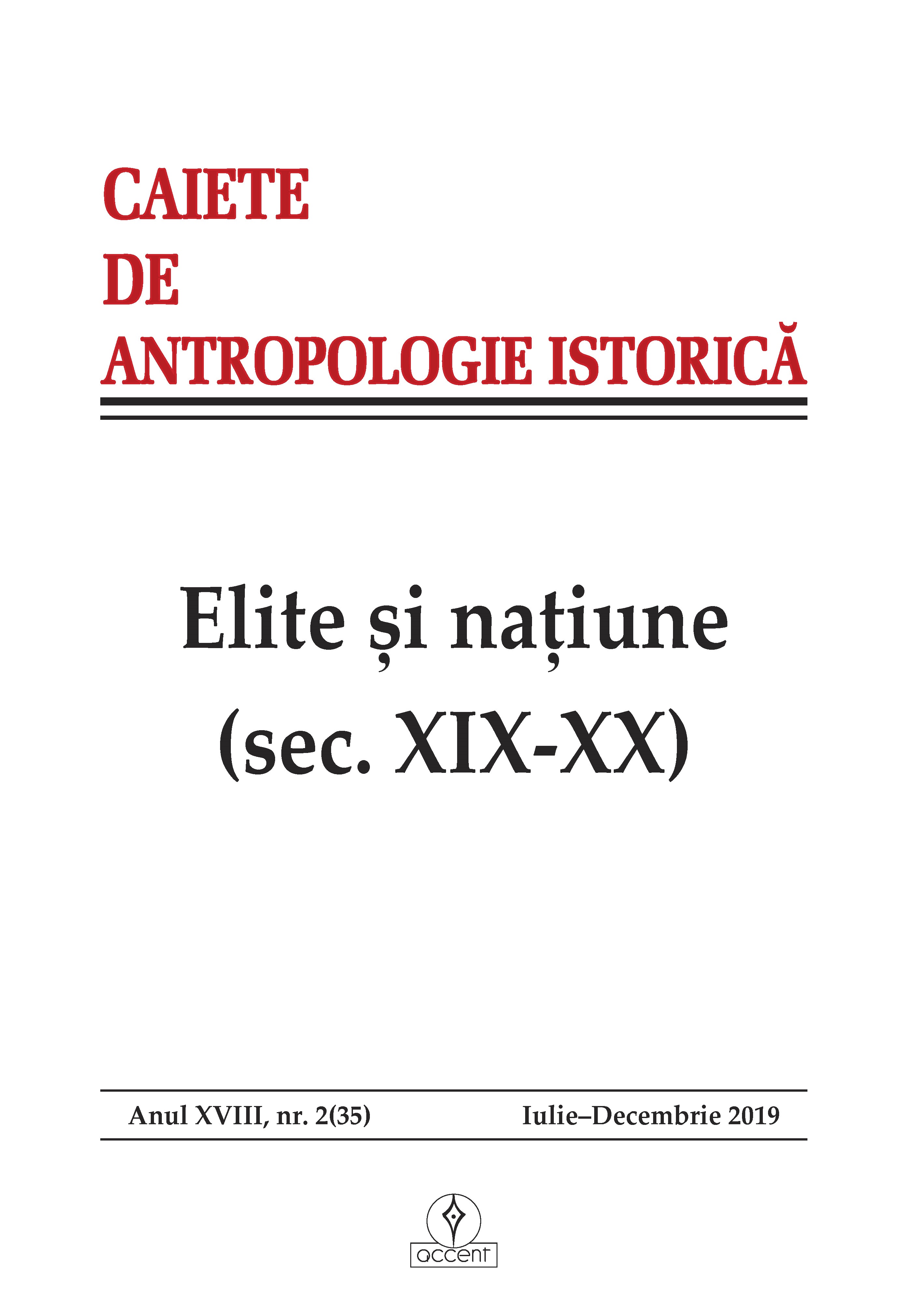Persecuții politice asupra învățătorilor români din Transilvania. Cazul David Pop
The Political Persecution of the Romanian Teachers in Transylvania. The Case of David Pop
Author(s): Cristian LupuSubject(s): Local History / Microhistory, Political history, Social history, Nationalism Studies, Pre-WW I & WW I (1900 -1919), Interwar Period (1920 - 1939)
Published by: Accent Publisher
Keywords: Austro-Hungarian dualism; teachers; intellectuals; secret services; national persecution;
Summary/Abstract: At the beginning of the twentieth century, the fate of the teachers, like that of all the intellectuals, was uneasy as they were permanently suspected of conspiracy against the Austrian local and state authorities. During the period of Austro-Hungarian dualism (1867-1918), the role of the teachers was extremely important for the Romanian communities. Together with the priests, they represented the connection between the population and the cultural, national and political movements of the time. After the start of the First World War, the Romanian intelligentsia in Transylvania was faced with an avalanche of arrests. The efforts of the teachers to promote the national culture also caused reactions from the Hungarian state, and one of these was manifest in the "Case of David Pop”. The teacher D. Pop was recruited by the Romanian Information Services in 1914 with the help of his brother Romulus Pop and his wife. Like the teacher from Brașov, many Romanian patriots from Transylvania volunteered for the secret front supported by the Romanian Civil and Military Information Services. The most important information centers in Transylvania were supported by the lawyer Spiridon Boita and the teacher David Pop. Sixteen Romanian intellectuals, four of whom were teachers, were arrested and sentenced to death following an investigation. The reason for the arrest was related to espionage, but the Romanian intellectuals invoked the unjust persecution, the lack of concrete evidence about the secret activity. Following the efforts of their lawyer, Dr. Ioan Erdely, and by the means made available by Al. Vaida Voevod and Isopescu Grecu, the case of the sixteen accused people arrived in Vienna. Erdély demonstrated that, through the numerous lawsuits filed against Romanian intellectuals, it was desired to discredit the image of the Romanian people. The emperor appointed a commission consisting of five military judges, who reviewed the case and released the 16 intellectuals. David Pop escaped the death sentence, was released and tried to serve as a teacher, then as a priest. Abandoned by friends and accused of duplicitous attitude, David Pop became a target even after the 1918 Union. On 19 May 1919 he was arrested by the Ruling Council and imprisoned for 13 days as an alleged traitor. The Transylvanian teacher tried to defend himself by sending letters to the newspapers and asking for the right to reply but without success.
Journal: Caiete de Antropologie Istorică
- Issue Year: 2019
- Issue No: 35
- Page Range: 110-119
- Page Count: 10
- Language: Romanian

